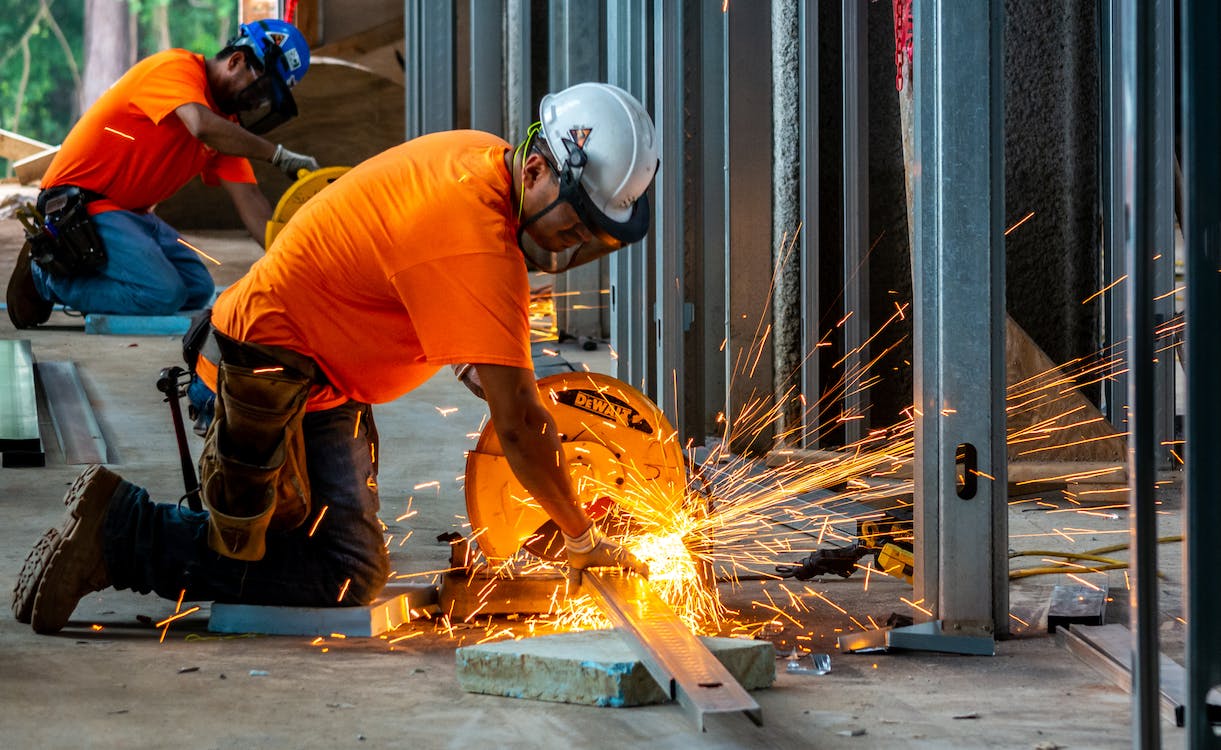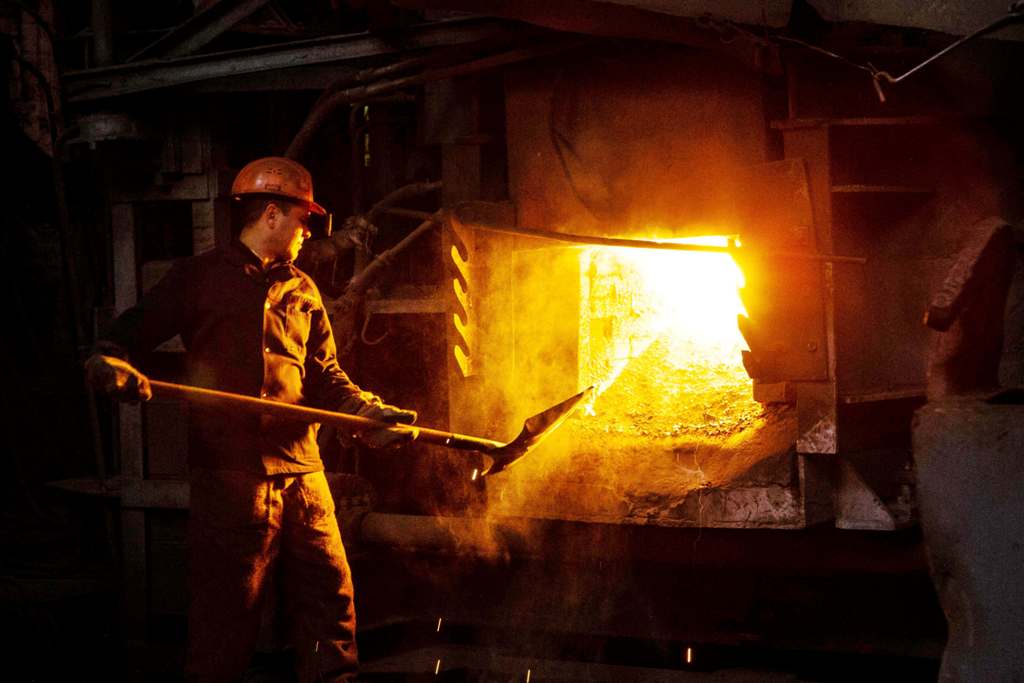
Metalworking is an art and science that has shaped our world, from the towering skyscrapers that define our cityscapes to the intricate custom parts that power our machines. At its core, metalworking is about transforming raw metal into structures and objects that are both functional and aesthetically pleasing. This guide delves into the various facets of metalworking, offering insights into sheet metal work, welding, metal forging, and the creation of custom parts, as well as specialized applications such as trailer repairs and manufacturing.
Sheet Metal Work: Crafting Precision and Flexibility
Sheet metal work stands as a testament to precision and flexibility in the metalworking domain. It involves cutting, bending, and forming sheets of metal to create a diverse array of products, from HVAC components to automotive bodies. The key to excellence in sheet metal work lies in meticulous planning and precise execution, ensuring that each bend and cut contributes to the final product’s integrity and functionality.
Welding Work: The Art of Joining Metal
Welding is the cornerstone of metal fabrication, providing the means to join metal pieces securely and durably. It’s a process that demands a deep understanding of materials, heat management, and the physics of joining metals. Welders are the unsung artists of the metalworking world, capable of transforming separate pieces of metal into cohesive structures that can withstand the test of time and the rigours of use.
Metal Forging: Shaping Strength and Durability
Metal forging is an ancient technique that remains vital in modern manufacturing, known for producing parts of unparalleled strength and durability. Through the application of compressive forces, forging shapes metal into predetermined sizes and shapes while enhancing its structural integrity. This process is crucial for components that must endure extreme stresses, such as engine parts, tools, and hardware.
Custom Parts: The Heart of Innovation
The ability to create custom parts is what sets skilled metalworkers apart. This process involves designing and fabricating unique pieces that meet specific requirements, whether for restoration projects, innovative machinery, or specialized equipment. Custom metalworking is a blend of technical skill, creativity, and problem-solving, resulting in parts that are tailor-made to serve distinct functions.
Trailer Repairs: Ensuring Safety and Longevity
Trailers, essential for transportation and logistics, require regular maintenance and occasional repairs to remain safe and operational. Metalworking skills are indispensable in trailer repair, from fixing structural damage to replacing worn components. The goal is to restore the trailer’s functionality and safety, extending its service life and ensuring it can continue to perform its critical role in hauling goods.
Trailer Manufacturer: Engineering Mobile Solutions

Trailer manufacturing represents a specialized branch of metalworking that combines design, engineering, and fabrication to create trailers for a wide range of applications. From utility trailers to custom-built mobile solutions, trailer manufacturers must consider load capacities, durability, and user requirements. The process involves a significant amount of metal forming, welding, and finishing work, culminating in the creation of a product that meets stringent quality and safety standards.
Conclusion
Metalworking is a field rich with diversity and opportunity, offering the chance to transform raw materials into products that are essential to our daily lives and the functioning of various industries. From the precise work involved in crafting sheet metal components to the robust processes of welding and forging, metalworkers play a crucial role in building the world around us. Whether creating custom parts for unique applications, repairing vital transportation equipment, or manufacturing trailers, the skills and creativity of metalworkers continue to drive innovation and maintain the flow of commerce and industry.
Embracing the future of metalworking means continuing to refine these skills while incorporating new technologies and methodologies, ensuring that the field remains vibrant and essential for generations to come.
